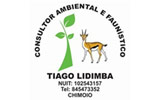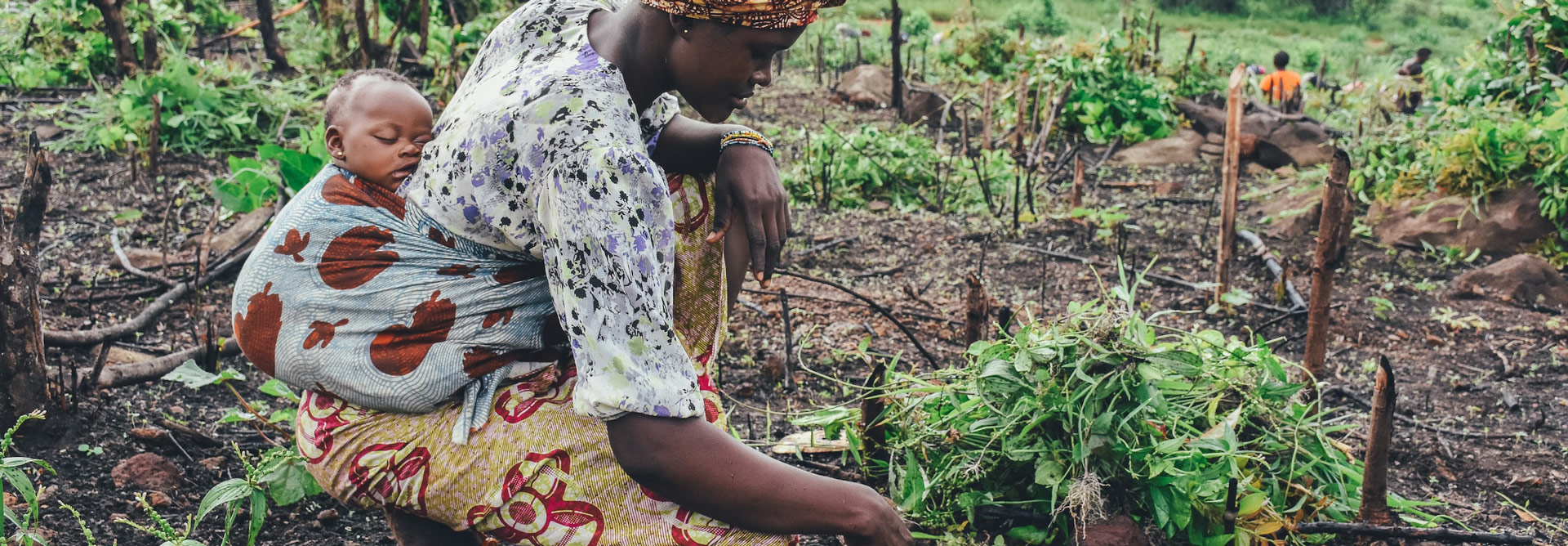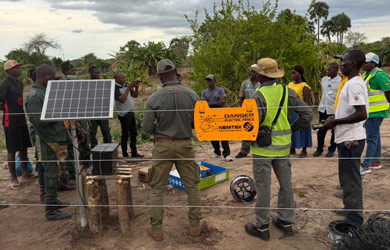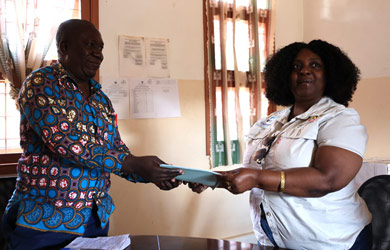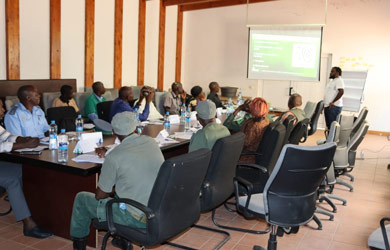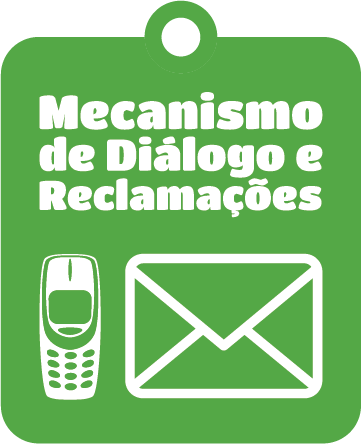Sustainable Rural Economy Program – MozRural
Sustainable rural economic development is an integrated and coordinated process across government, private, and civil society sectors. Recognizing this approach, the Government of Mozambique (GoM), with support from the World Bank, is implementing the Sustainable Rural Economy Program (MozRural), the first phase of a Multiphase Programmatic Approach. This program aims to accelerate the growth and sustainable transformation of the rural economy based on improving rural household incomes and aligning it with the sustainable use of natural resources.
The program is part of the government and partners’ strategy to improve and develop local socioeconomic conditions in the short and medium term, to reduce rural poverty, social and economic inequality among the population, with an emphasis on women and young people, and increase food security by increasing agricultural income of target beneficiaries, increasing the diversification of livelihoods and income generation, training to know-how and generate self-employment and improving resilience in selected rural areas.
The program is coordinated by the Ministry of Agriculture, Environment, and Fisheries (MAAP), through the National Fund for Sustainable Development (FNDS), which implements activities in the agricultural and forestry sectors. BIOFUND is the fiduciary agency responsible for supporting the management of Conservation Areas within the landscapes defined in the Program, in close coordination with ANAC, and the National Blue Economy Fund (ProAzul) is the fiduciary institution responsible for managing activities in the fisheries sector.




The program has a duration of 10 years.
This is a multiphase program, with the first phase lasting 5 years.
The three phases represent a total value of USD 500 million.
The first phase, lasting 4 years, has a total value of USD 150 million.
Of which USD 8 million will be allocated to the Conservation Areas subcomponent.
Implementation Areas
The areas covered are:
- Magoe National Park
- Tchuma Tchato (TT)
- ZIMOZA
General Objective of the Program
To improve the performance of targeted small agriculture producers and small and medium agrobusiness enterprises (AgriMSMEs) and improve natural resources management practices in selected program areas.
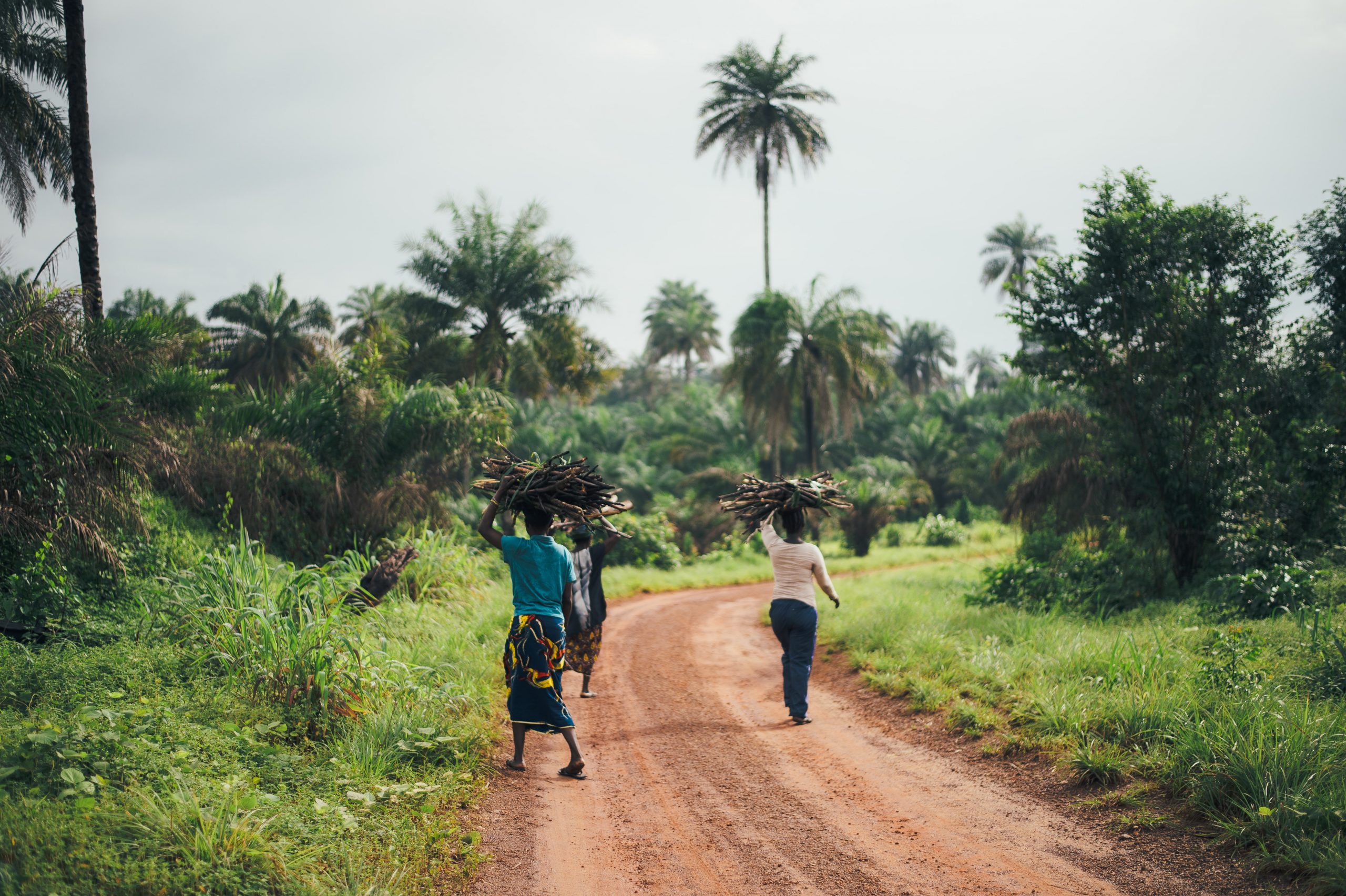
Program Components
Component 1: Increasing productivity and market access
Component 2: Enhancing natural resources management
Component 3: Strengthening institutions and policies
Component 4: Food and Nutrition Security
Activities Funded by BIOFUND:
The activities funded by BIOFUND fall under Component 2 of the program, specifically subcomponent 2.1, which aims to improve the management activities of Conservation Areas, and includes the following sub-activities:

Creation of a funding window to improve the law enforcement of Conservation Areas, through the provision of equipment and training for ANAC teams;

Support land use planning in priority areas through the development of detailed land use plans

Construction and maintenance of infrastructure, including employee housing, inspection stations, access roads, trails and signage
The program will also support in engaging communities in the management of Conservation Areas and in the sustainable management of natural resources in areas adjacent to ACs and interstitial areas of ZIMOZA and Tchuma Tchato.
Program Activities
Activities funded by BIOFUND:
Mágoè National Park
- Strengthening the MNP’s management and operational administration capacity;
- Improving biodiversity monitoring and oversight systems;
- Strengthening Community Governance;
- CHFB Management and Mitigation
- Management Plan
- Environmental Education (EDUCA+)
- PLCM
ZIMOZA
- Support in formalizing cooperation agreements in the transboundary area (ZIMOZA TFCA);
- Strengthening the ZIMOZA Transfrontier Conservation Area (TFCA) between Mozambique, Zimbabwe, and Zambia.
Tchuma-Tchato Community Program (Zumbo Unit)
- Establishment of the Zumbo ACC
- Strengthening Community Governance
- Development and implementation of the CHFB management and mitigation plan
- Management Plan
- Environmental Education (EDUCA+)
- PLCM
Activities implemented by the FNDS (PNM and ACCZ):
- Construction of law enforcement infrastructures;
- Acquisition of vehicles for law enforcement purposes.
News
Expected Results

Improved management and effectiveness of Conservation Areas.

Increased community engagement in the management of Conservation Areas and in the sustainable management of natural resources in adjacent and interstitial areas.
Environmental and Social Safeguards
Projects in the implementation areas may affect the coexistence of people and protected resources, relationships within and among communities, human–wildlife conflicts, and potentially lead to some resettlements. These factors may increase the risk of generating conflicts.
Environmental and Social Safeguards are technical measures designed to prevent or protect people and the environment from the negative impacts of a given project, while promoting positive impacts.
To ensure safeguard compliance under the MozRural program, instruments have been approved and implemented to guarantee that the program aligns with environmental and social standards, as well as with the World Bank’s policies and guidelines for rural development
- Código de Ética
- ESCP_Environmental and Social Commitment Plan _ PERS
- PERS_Plano de Engajamento das Partes Interessadas_FINAL
- PERS_Quadro da Politica de Reassentamento_FINAL
- PERS_Quadro de Gestão Ambiental e Social FINAL
- MOZRURAL Finanaciamento Adicional
- PERS_Additional Financing Environmental and Social Commitment Plan (ESCP)_Final
- PERS – Plano de Engajamento das partes Interessadas
- Quadro de Processo (QP)
- Procedimentos Operacionais Padrão (POP) para Gestão de Caixas de Reclamações
- Código de Conduta para Colaboradores
Funder
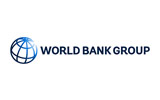
Trust Agencies

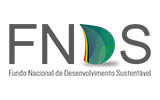
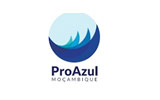
Beneficiaries
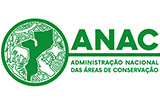
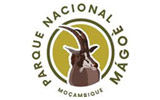
Implementation partners

